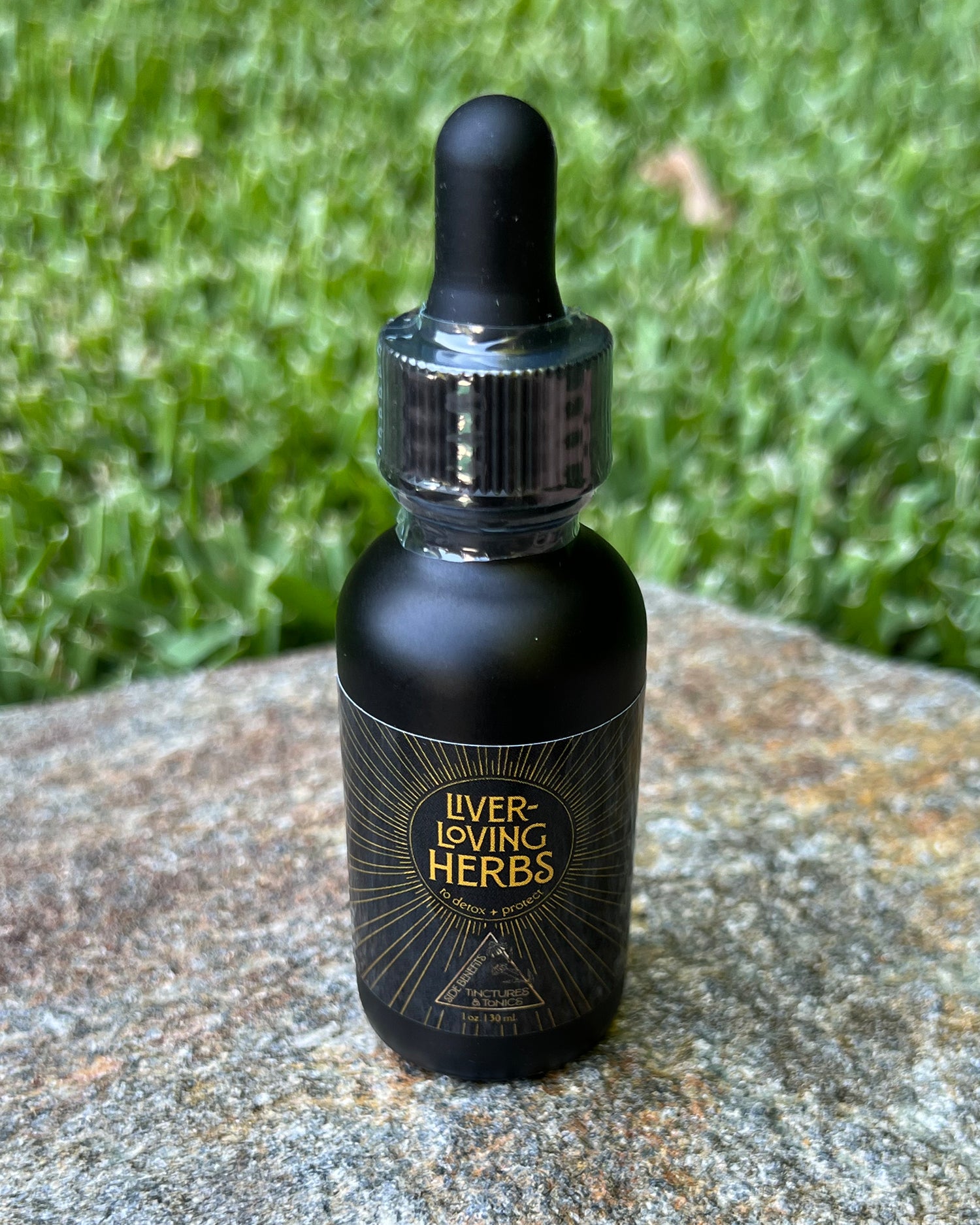Along with your daily food choices, your ability to digest the foods that you eat has a greater impact on how you feel, how your pants fit, how you age, and your overall health than you may realize. A healthy body relies on proper digestive functionality to keep your liver, pancreas, and adrenal glands healthy in order to help you maintain optimal health.
How digestion works:
Digestion begins in the brain when we see and smell food, and anticipate eating
⬇
Glands in our mouth secrete saliva, which contains enzymes to facilitate chewing and swallowing, and to begin the digestion of starches
⬇
Once the food is swallowed, it passes through the esophagus and enters the stomach
⬇
The stomach is critical to the functionality and health of everything that happens further south in the digestive process
⬇
Digestive juices are secreted, the food is churned, and we end up with a somewhat smooth paste called chyme
⬇
The digestive juices cause the chyme to drop in pH (become more acidic)
⬇
When the pH of the chyme is between 1.5 – 3, this triggers the release of the chyme into the next phase of digestion, the duodenum (upper small intestine)
⬇
The duodenum uses hormones (secretin and cholecystokinin, or CCK) to signal the gallbladder and pancreas to prepare for the next stage of digestion – to neutralize the pH of the chyme (with sodium bicarbonate), emulsify fats with bile, and activate digestive enzymes
⬇
If the pH is not properly neutralized, the enzymes will not be released
⬇
95% of all absorption of nutrients, water, and electrolytes takes place in the small intestine
⬇
From the small intestine, food that has not been digested along with some water travels to the large intestine through the ileocecal valve
⬇
The large intestine's main function is to absorb water from the remaining indigestible food matter, as well as electrolytes, including sodium, chloride, and some dietary vitamins
⬇
The large intestine takes 3 – 10 hours to complete its work. It removes water and any remaining absorbable nutrients from the food before sending the indigestible waste out of the body
Hypochlorhydria is extremely common
A common digestive dysfunction in our culture is low stomach acid (hydrochloric acid or HCl). Stomach acid plays a vital role in the digestive process. It further breaks down and digests food and nutrients (especially protein + B12) and protects the body from pathogens entering through the digestive tract (ever had bad sushi?). We are a stressed society which makes it practically impossible to digest the food we eat because the digestive system needs to be in a parasympathetic state (calm) to produce HCl…and proper digestion is ALL about acid. You’re also contributing to digestive dysfunction if your diet and lifestyle includes:
- Alcohol
- Stress
- Sugar or artificial sugar
- Unhealthy industrial seed oils (like canola, soybean or vegetable)
- Conventionally farmed/raised produce & meats
- Antibiotics & Rx meds
- Processed food + refined carbs (flour)
These alter the functionality of your digestive system by suppressing stomach acid (HCl), causing food to remain in your stomach longer (fermenting) because the pH is too high (alkaline) to release the chyme into the small intestine. Food that sits in your stomach for too long can cause acid reflux, bloating, and gas.
When that alkaline(ish) chyme is finally released into the duodenum it is unable to trigger the digestive reactions required to further break down food such as telling the gallbladder to release bile and the pancreas to secrete sodium bicarbonate and digestive enzymes.
Now you’ve got rancidifying fats, putrefying proteins, and fermenting carbs moving through your intestines – feeding bad bacteria – which can eventually lead to dysbiosis (bad bacterial overgrowth) or candida (yeast), or food sensitivities, a compromised immune system, constipation and/or diarrhea and toxins being reabsorbed into your bloodstream because of slow motility, and intestinal permeability (aka leaky gut).

Contributing factors:
- Not “resting to digest”
- Not chewing
- Zinc deficiency
- High sugar & refined carb consumption
- Age (over 60)
- Antacid, PPI, or prescription drug use
- Food sensitivities or H. pylori infection
By tuning in to some of the signs of low stomach acid and eliminating foods such as gluten, canola oils & other seed oils, and excess sugar, your body can begin to naturally lower inflammation, repair damage done to the lining of your intestines (intestinal permeability or ‘leaky gut’), and rebalance the good bacteria in the microbiome. Put simply, every aspect of your life can be improved by adjusting how you eat and the quality of foods you eat on a regular basis.
Some things you can do on your own are to practice chewing the heck out of your food, eat only in a calm state and reduce inflammation in your body by eating a whole-food, nutrient-dense diet. This is also a great way to support a healthy immune system!
More ways to support proper digestion:
|
Eat in a relaxed state. Digestion begins in the brain. If eating too quickly, mindlessly, or when stressed, the body can’t digest your food. |
Incorporate digestive bitters. Take these with a small amount of water about 15 minutes prior to eating to signal the stomach that “food is coming.” Apple cider vinegar or other ferments work as well. |
|
Manage stress. The gut is especially vulnerable to stress. Stress disrupts digestive functionality in numerous ways, but mainly it can delay how quickly food leaves the stomach because of lowered digestive secretions. You’ve got to “rest to digest,” because when food sits too long in the stomach, it causes bloating, discomfort, nausea, and even diarrhea. |
Supplement smartly. There are therapeutic supplements that will help restore digestive functionality, but knowing which ones for you takes a little bit of a deeper look. For digestive distress, this could look like taking HCl mid-meals to help the stomach break down proteins along with Beta TCP, a supplement that assists the gallbladder in thinning the bile (which is basically the river by which toxins are removed from the body via the intestinal tract).
|
|
Eliminate reactionary foods with the help of a food sensitivities test or elimination diet. |
Eat to balance blood sugar. When blood sugar is mismanaged the liver is unable to utilize hormones necessary for optimal digestion
|
|
Support the health of your liver for optimal digestion and proper function of detox pathways |
Investigate to determine if you have sufficient stomach acid and digestive enzymes to break down all nutrients, kill viruses, support your liver, gallbladder, small and large intestine. |
It all starts in the gut
The health of your gut rules over your metabolism, immune system, ability to detox, metabolic function, inflammatory processes, skin quality, and cognitive function. The gut will happily repair itself, but first, you need to stop the damaging triggers listed above, restore digestive functionality and heal & seal the gut lining.
Work with me
As a functional nutritional therapy practitioner, I support and guide my clients through food and lifestyle changes to help them live their best lives. Working 1:1 allows me to create precision, customized nutrition plans. These plans focus on healthy, sustainable diet & lifestyle changes. Working with me will help you gain confidence in choosing what foods work best to nourish your body, tune into signs & symptoms, and discover what could be standing in the way of you reaching your health goals. Do you suspect you have low stomach acid? Do think you need HCl, digestive enzymes, bitters, probiotics, zinc, or something else? Instead of guessing, I recommend functional wellness testing. The test I utilize in my practice is the GI Microbial Assay Plus (GI MAP) which uses quantitative PCR technology to provide a detailed analysis of your gut microbiome. If you’re ready to improve your digestion and feel better, then let’s talk! I will provide the tools to help you live an optimal life.






